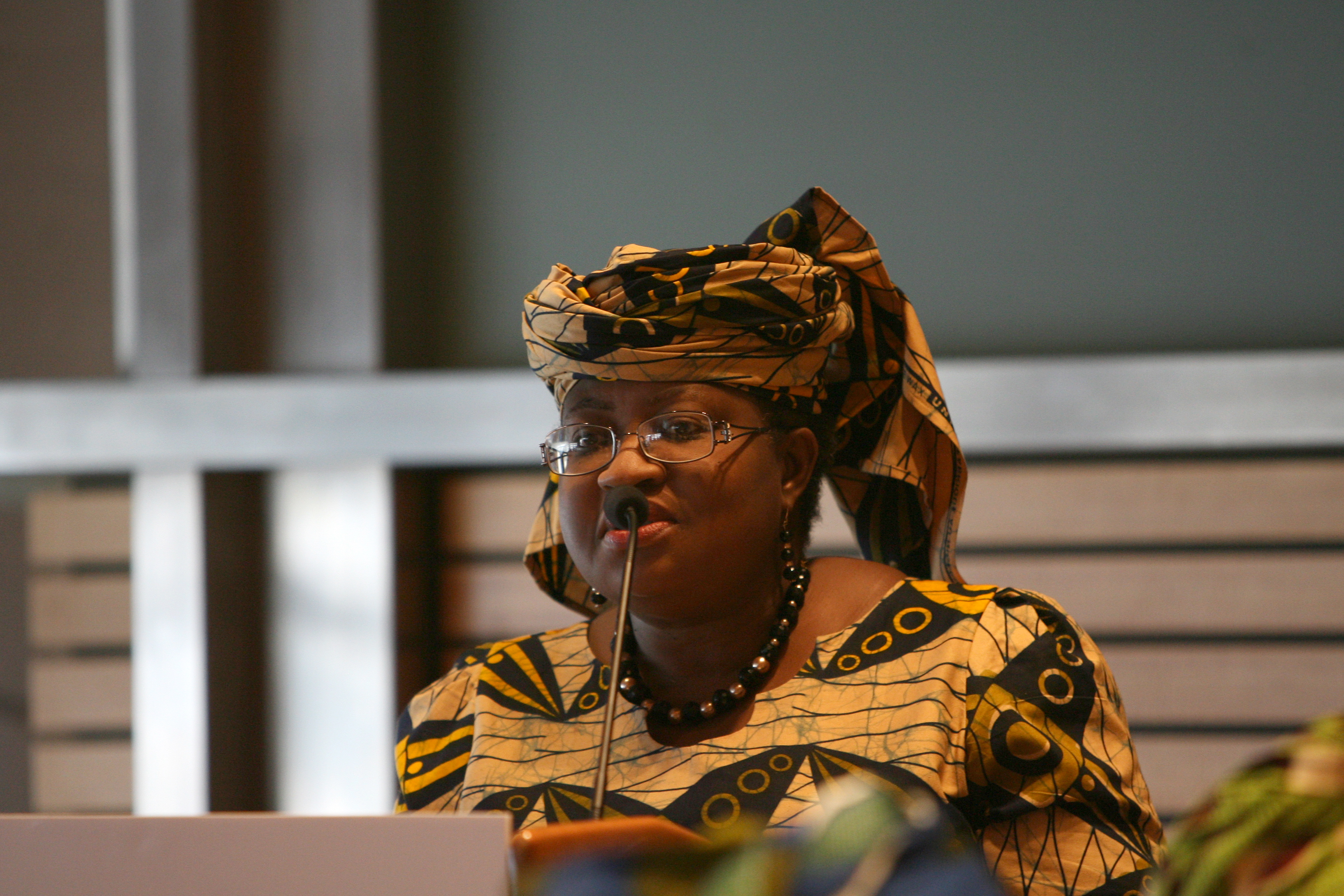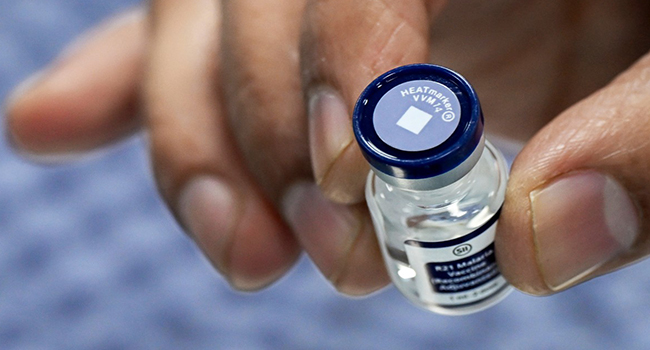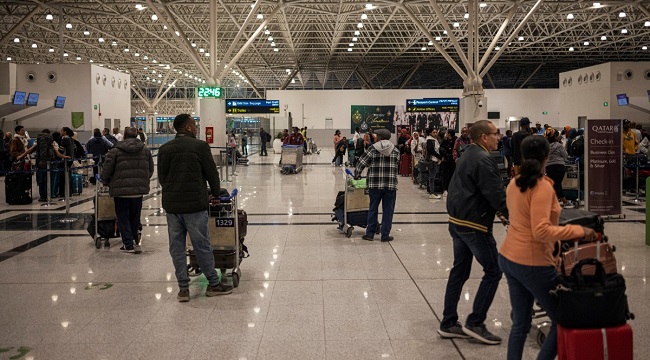The Coordinating Minister of the Economy and Minister of Finance, Ngozi Okonjo-Iweal on Sunday said that the Federal government plans to borrow more from international financing agencies to fund infrastructure development.
The Minister, who disclosed this while speaking at the annual meeting of the World Bank and the International Monetary Fund (IMF), in Tokyo, said the money borrowed, would be used for power, water, and health care among others.
She said the Federal Government will borrow from the World Bank with permission from the National Assembly and that to tackle infrastructure challenges effectively, the country needs about $10 billion yearly.
“We are trying to put our borrowing to really direct it to infrastructure, as you know we have gone to other sources; the Word Bank is helping us with power, so is the African Development Bank. Those are very concessional resources. The problem we have right now is that the meetings from the World Bank; they are indicating that if we do not pass through external borrowing plan, where we have $1.2 billion, that has been approved,” she said.
Mrs Okonjo-Iweala said the loan will involve a 40-year repayment plan, 10 years of moratorium and would be given at zero interest rate.
Growing excess crude account
The Finance Minister announced the Federal Government’s preparation to grow the Excess Crude Account (ECA) to $10 billion by early 2013.
She said: “I strongly feel and I have shared with the governors, with Mr President and vice-president who fully supports that the Excess Crude Account must be built up to $10 billion.
“We should strive to do that in the next few months and we keep that as buffer.”
The minister said that, considering the population of the country, there is every need to increase the country’s foreign reserves, which would serve as a buffer.
“Our reserves are not huge, we are just building backup; it’s not my place, it is the monetary policy that manages it, but I have discussed with the Central Bank of Nigeria (CBN) governor that we need to build up our reserve to $50 billion, if we can.
“That will be the desires of the fiscal authorities, so I don’t consider us with the size of the economy and population we have.
“Look at Algeria, their reserve is nearly $200 billion, for a country much smaller than Nigeria,” she said.




